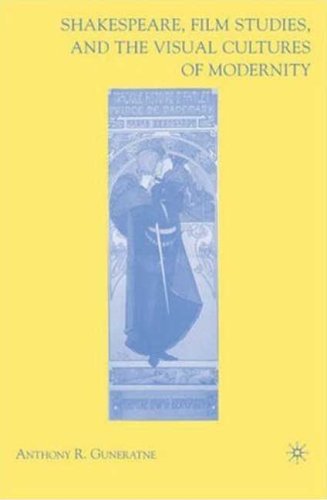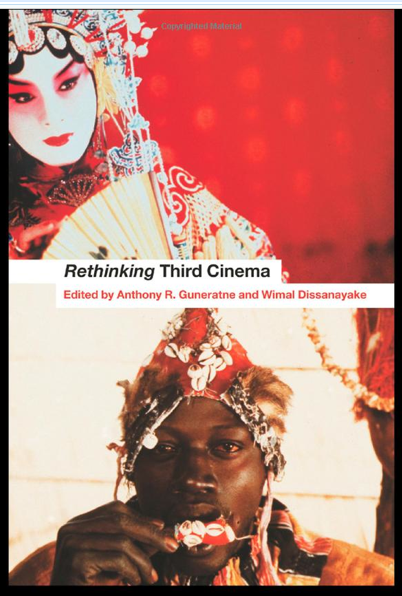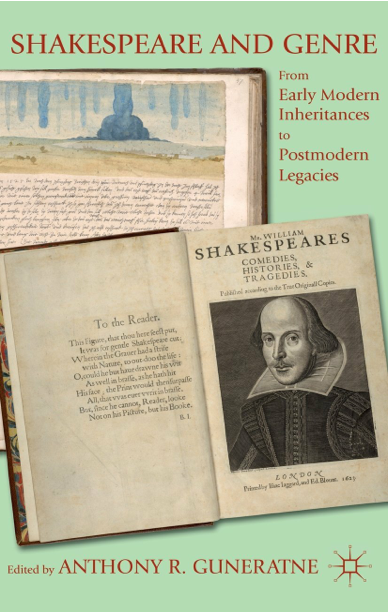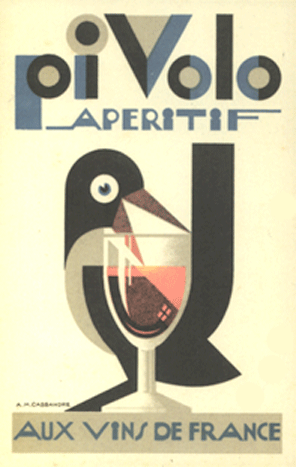Anthony Guneratne
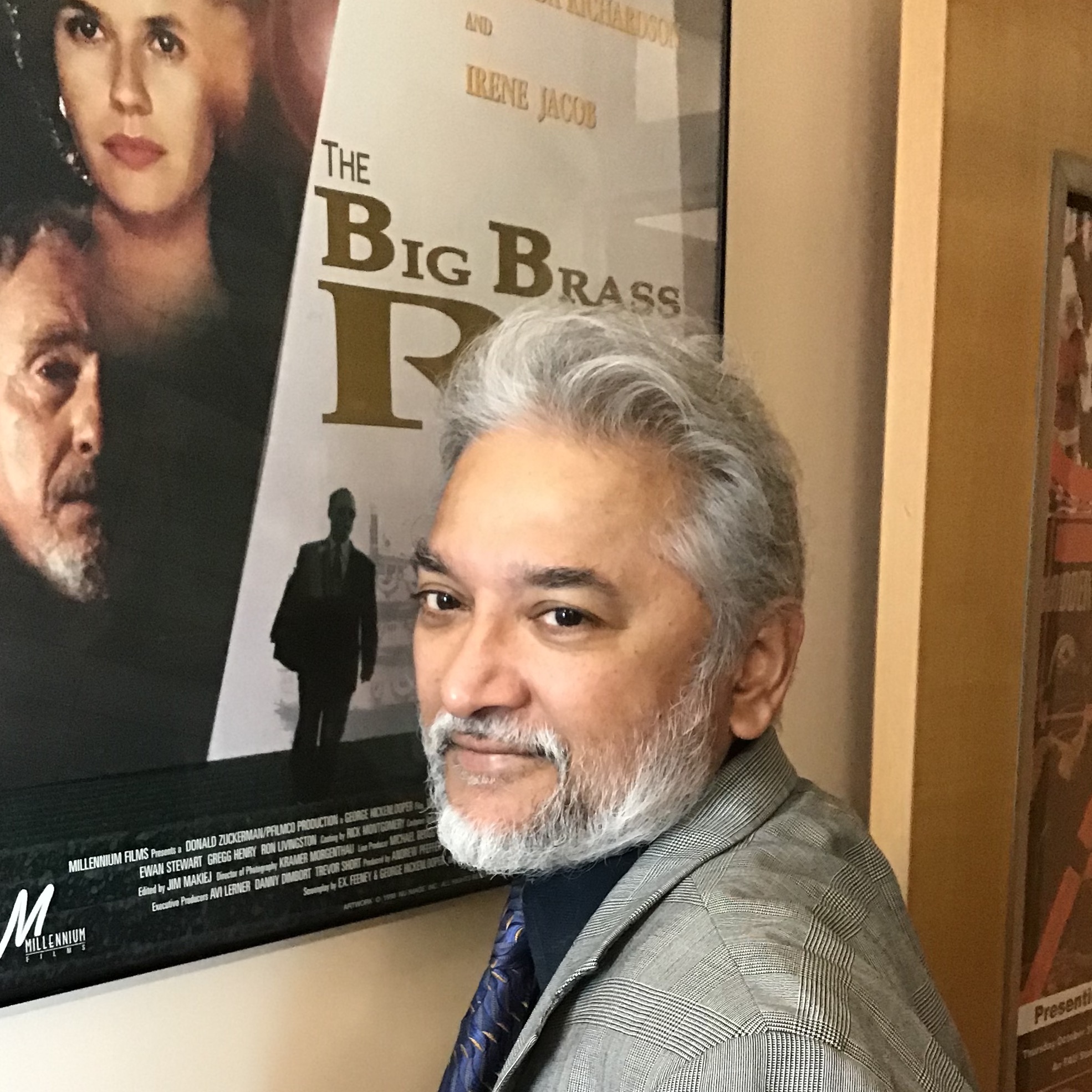
About
Anthony Guneratne
PhD, Indiana University, Bloomington
Email:
guneratn@fau.edu
Phone:
(954) 236-1182
Areas of Expertise: film history and historiography; the material and cultural history of aesthetic forms; Shakespeare studies; adaptation studies
Anthony Guneratne researches the role that film, literature, and other artistic media play in cultural interactions, as well as the interrelations of written and spoken language, images, and music. An advocate of the arts and proponent of their power to blend creative expression with social agency, he has extended theoretical perspectives drawn from semiotics, microhistory, New Historicism, and the Bakhtin Circle to a broad range of performance studies. His primary fields of research include historical and contemporary interpretations of Renaissance texts (particularly those of Shakespeare), film history (focusing on the study of film movements), and the cultural history of aesthetic forms ranging from classical dance and lyric opera to printed books and picture postcards. As a practitioner as well as a theorist, he has been involved in film production, in programming film retrospectives, and in performing a musical repertoire that ranges from the late Renaissance to the mid-twentieth century. A fellow of the Folger Shakespeare Library, the American Philosophical Society, and FAU's Dorothy F. Schmidt College, he takes an interdisciplinary approach to teaching film and audio-visual culture. He presently directs FAU’s interdisciplinary Graduate Certificate in Film and Culture; interested students can contact him directly at his department website address.
Recent Publications
Books
Selected Book Chapters and Journal Articles
“Shakespeare’s Genre Paintings.” In Shakespeare and the Visual Arts: The Italian Influence. Ed. Michele Marrapodi. London: Routledge, 2017. 208-27.
“Shakespeare’s Rebirth: performance in music, dance, theatre, and cinema in the age of electro-digital reproduction.” In The Oxford Handbook of Shakespeare and Performance. Ed. James Bulman. Oxford: Oxford University Press, 2017. 352- 68.
“Shakespeare, Italian Music Drama, and Contemporary Performance: Space, Time, and the Acoustic Worlds of Romeo and Juliet and The Tempest.” In Shakespeare and the Italian Renaissance: Appropriation, Transformation, Opposition. Ed. Michele Marrapodi. London: Ashgate, 2014. 317-32.
“Freud’s Footnotes and Renaissance Metaperformativity: Richard Haydocke, King James and William Shakespeare as Interpreters of Dreams.” Anglistik 28.2 (Sept. 2017): 147-62.
“Archiving Rediscoveries, Rediscovering Archives: Shakespearean (Con)texts, or, Two or Three Things We Should Know About Microcinehistory.” Hradec Králove Journal of Anglophone Studies 3.2 (2016): 14-33.
“The Greatest Shakespeare Film Never Made: Textualities, Authorship, and Archives.” Special issue edited by Gregory Colón Semenza. Shakespeare Bulletin 34.3 (Fall 2016): 391-412.
"'Thou dost usurp authority': Herbert Beerbohm Tree, Max Reinhardt, Laurence Olivier, Orson Welles and the Politics of Adapting Shakespeare." In A Concise Companion to Shakespeare on Film. Ed. Diana Henderson. London: Basil Blackwell, 2006. 31-53.
"Mediating the Rise of Neo-nationalism in India: Television, Cinema and Carnival." Social Identities 4.2 (June 1998): 263-281.
"The Birth of a New Realism: Painting, Photography and the Advent of Documentary Cinema." Film History Vol. 10.2 (1998): 165-187.
Exhibition Catalogue Introduction
Modernism for the Masses
Invited Presentations
Talk at National Gallery of Art
Sept. 2016. “The Vitagraph Shakespeare Cycle.” Introduction, with commentary and narrations to the complete Vitagraph Shakespeare Cycle of 1908-1912. “Shakespeare as Cinematic Experiment” series, hosted by Margaret Parsons, Director of the Film Division of the NGA, film auditorium of the National Gallery of Art.
Jun. 2011. “‘Like a Poor Player that Frets (sic) and Struts His Hour Upon the Stage’: Macbeth, Temporality, Bazin, and the Space of the Archive.” Fellowship presentation at the Folger Shakespeare Library, Washington, DC.
Courses
FIL 6026: Film History and Historiography (Graduate) *
FIL 6807: Film Theory and Criticism (Graduate) *
FIL 4866 Sound in the Cinema
FIL 4036: Film to the 1940's
FIL 4037: Film Since the 1940's
FIL 4851: Film Criticism
FIL 3083: Film Theory
* Required course for the Certificate in Film and Culture [see School of Communication Website: http://www.fau.edu/artsandletters/scms/ad-grad-courses]
